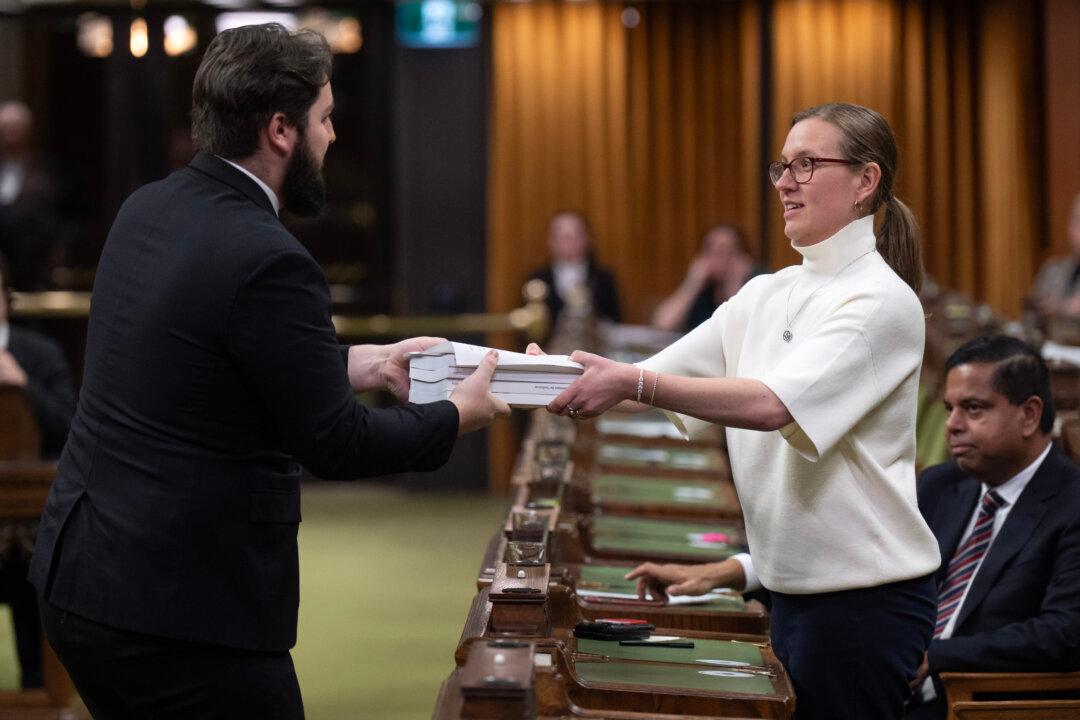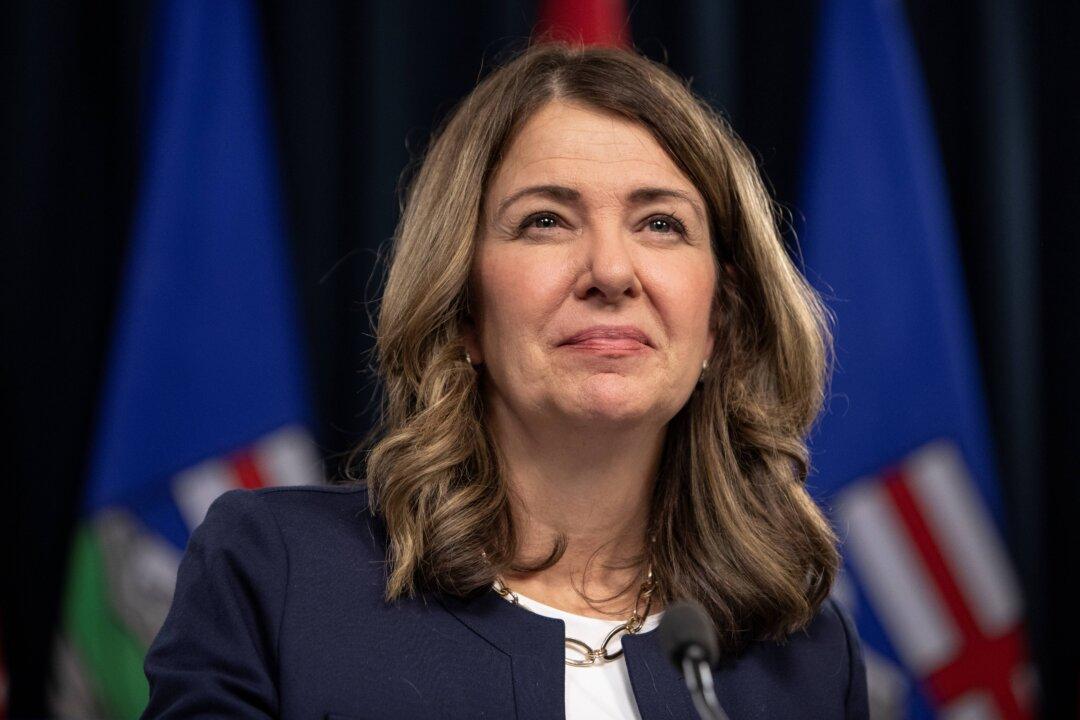The federal government tabled its 2024 Fall Economic Statement amid a chaotic day in Ottawa, showing that the federal deficit for the 2023–24 fiscal year has grown to $61.9 billion.
The now former Deputy Premier and Finance Minister Chrystia Freeland had pledged in the previous fall economic statement to keep Canada’s deficit just below $40.1 billion, which is $21.8 billion less than the number reported in this year’s statement.





